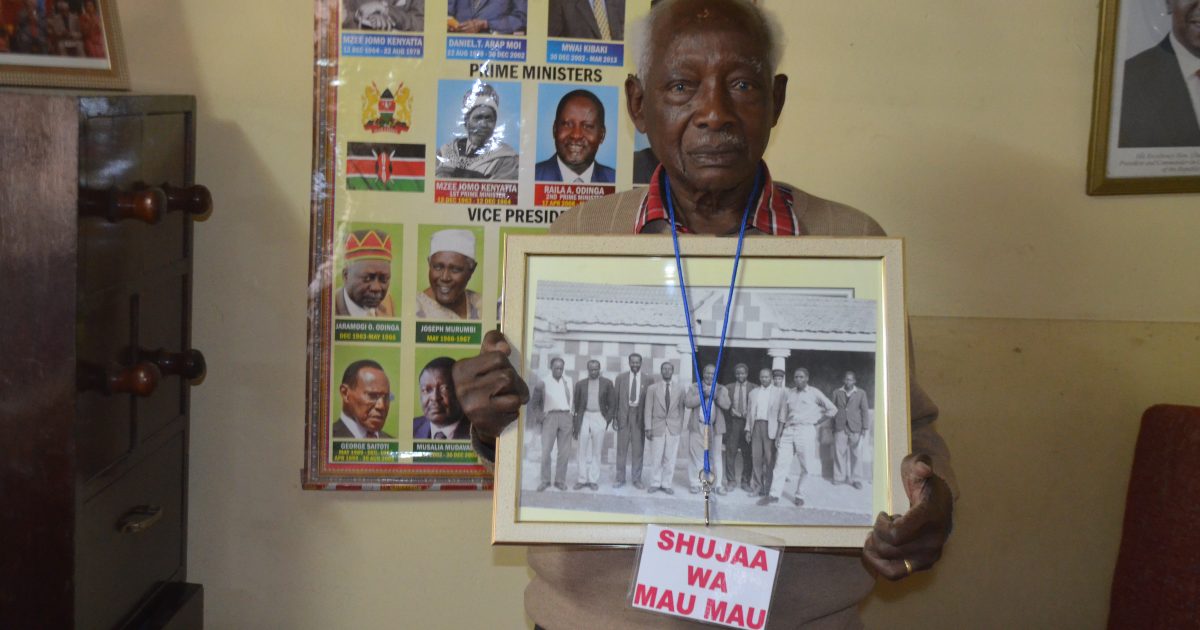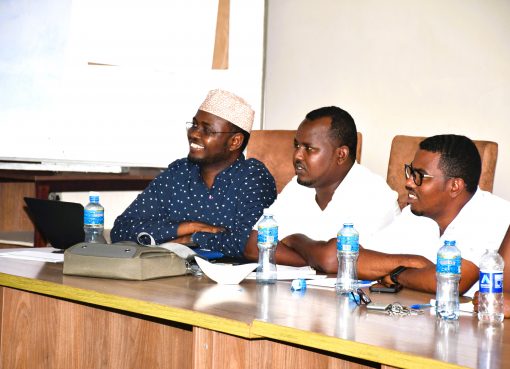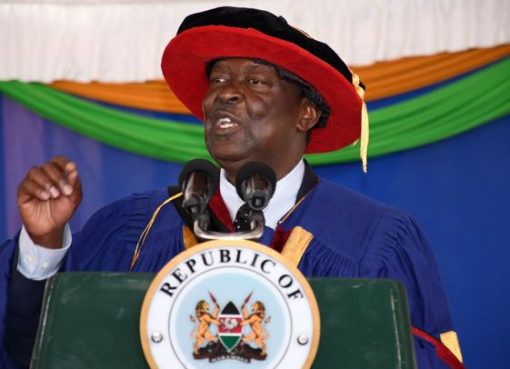On October 20 every year, our country celebrates the heroes who fought for the Country’s independence.
Mzee Zachariah Kamiti, 94, is one of such freedom fighters who had a unique opportunity of rubbing shoulders with great Kenyan leaders and politicians since independence.
Born in Njoro, Nakuru County in 1927, the old man, though toothless now, has a rich history of Kenyan politics and the fight to attain independence.
He went to Njoro Primary School in 1940, under administration of a European man known as Biston Timber. In 1950, he joined Ngesha Secondary School where he completed his studies.
Mzee Kamiti recalls he helped in organising a meeting in Njoro in 1951, which the first President of Kenya Mzee Jomo Kenyatta attended.
“Kenyatta told us we were after a ‘tree’ which needed ‘water’ to grow. In this context, the tree referred to freedom and water meant the blood that would be shed to attain freedom,” he recalls.
He says in 1951, Mzee Kenyatta swore him in as a freedom fighter where he joined the Mau Mau group to fight for independence.
Kamiti recalls the challenges they faced during the colonial period, remembering that the colonialists were very brutal and forced Africans to work for them with little pay.
The State of Emergency in 1952, he remembers, led to intensive war and movement of people was restricted, adding that it was a great challenge for the Africans.
After independence, his close friend, then the Minister of Commerce and Industries, Mwai Kibaki, encouraged him to start a hotel at Rironi area in Limuru in 1965.
“It was the first hotel owned by an African. Kibaki was to launch it but he sent his Assistant Minister Stanley Ole Tip Tip to preside over the ceremony,” recalls Kamiti.
In 1970, he was employed at Bata Company as a carpenter and storekeeper. Later in 1972, he was appointed as a Bata dealer in Narok.
“I later opened the first furniture shop in Narok, Kawangware and Gikomba in Nairobi, the shops were the first of their kind then,” he says.
In 1977, Kamiti started the first ever hotel in Narok town (Narok Inn) which was opened by the then Vice President Daniel Arap Moi. Ole Tip Tip who was then the Minister for Commerce and Industries accompanied the Vice President.
In 1975, he invited Kenneth Matiba to launch the Narok Museum, which he had built in collaboration with late Mzee William ole Ntimama.
Despite having rubbed shoulders with great and mighty politicians in the Country, Mzee Kamiti says he has never engaged in politics.
Following his great entrepreneurial skills, Kamiti has travelled widely around the world to attend entrepreneurs’ conferences among them Uganda, Rwanda, Tanzania and Egypt.
Apart from Africa, he has travelled to the Middle East countries including India where he visited Agra and New Delhi.
He has also been to Saudi Arabia, Iraq, Oman, Janda, Kuwait, Baghdad, Jordan, Iran and United Arabs Emirates (UAE).
“I remember visiting London in the United Kingdom to attend a seminar for one month where I was residing in Regents Hotel room number 60,” he adds.
The old man has also been key in helping in community developments, especially in Narok town where he has helped in building of churches and schools.
In 1973, he collaborated with the late Ntimama to build the first Presbyterian Church of East Africa (PCEA) Church in Narok.
“Ole Ntimama donated a piece of land while I donated most of the building materials for the church. It has thrived up to date and people use it for worship,” he says.
In 1975, he collaborated with Ntimama again to build the Narok Museum, which was launched by Kenneth Matiba.
In the same year, Kamiti was awarded the best sales person for the Bata Company in Rift Valley region after he made the highest sales.
He says he championed the establishment of polytechnics and adult schools in the County, which led to the establishment of Narok polytechnic.
The old man was brought up in a humble background in Njoro and his parents could not afford to cater for his education.
He had to work for colonialists to raise school fees and other basic needs, which was not a simple task for him.
When asked what is the most significant thing that has happened in Kenya since independence, Kamiti says the 2010 Constitution that enshrines devolution is a landmark achievement.
“I greatly support the idea of devolution since many services have been brought closer to people, though some leaders are using it for their own selfish interests hence seem not to benefit Kenyans,” he observes.
On environmental conservation, the Mzee Kamiti advises Narok residents to plant trees to avoid the occasional flash floods experienced in the County.
He also calls on Kenyans to vote their leaders wisely and avoid campaigns that can easily lead to violence.
“We fought to gain independence, then why should we continue fighting our brothers and sisters, we all belong to the same country,” he wonders.
He continues that leadership comes from God hence need for Kenyans to embrace the leaders who will be elected by a majority of votes.
The elder also called on leaders who will garner lesser votes to concede defeat so that the nation can move on.
“It is obvious that some leaders will lose in the elections, but this is not a license to cause unnecessary tension in the country,” advises the old man.
Shujaa Kamiti also urges the government to recognize and respect those who fought for independence as the country marks its 12th Mashujaa Day.
The Mashujaa celebrations initially used to be celebrated at the Nyayo National Stadium but a fresh policy was put in place to have the celebrations held on a rotational basis in different counties to foster national integration and cohesion.
This year’s celebration was held at Wang’uru Stadium, in Kirinyaga County.
By Ann Salaton




